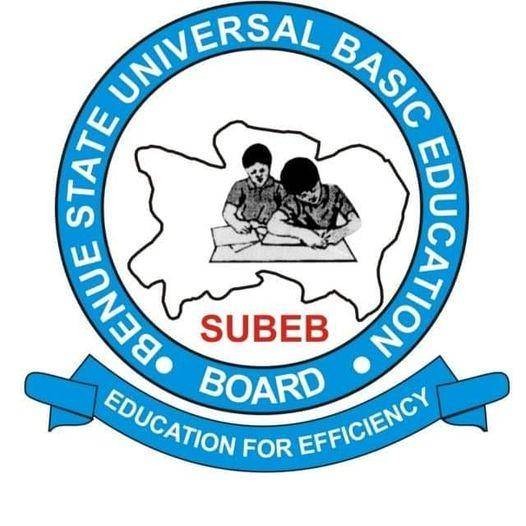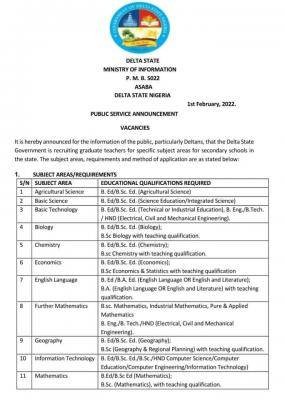
Job search could be a great challenge for many fresh graduates and a nightmare to some others. However, if you take strategic steps, you could be on your way to landing your first job sooner than you think.
Here are 10 strategic job search tips that will give you an edge and increase your chances of getting a job sooner than you think.
1. Change Your Attitude: Don’t start your job search with the mindset that there are no jobs. There are jobs out there. Your attitude usually matters and influences the outcome of your pursuit. The statistics of unemployment rate may have made you to believe that there are no jobs. However, many companies are still on the lookout for the right candidates. The first tip is to have the mindset that there is still job out there for the right candidates. What you should now think of is “how can I be the right candidate”?
2. Start Your Job Hunting Early: Many graduates’ starts think that the search for a job begins after they graduate. I think this is a wrong approach. You should be able to be clear on the kind of jobs you want. Start gathering facts about companies you would like to work for, what is required to work for such companies etc. right before you graduate. Success in job search is ultimately based on the level of information you have. The more informed you are the better your chances.
Give Attention To Your Resume/CV and Cover Letter: One thing I would like to make you understand here is that there is nothing like a perfect CV. But your Resume/CV should be impressive. The major purpose of a Resume/CV is to get you an interview appointment.
However, you need to bear the following in mind;
-Your CV should be relevant to the job you are applying for. Don’t use one CV for all your job applications. Tailor-make your CV to be specific to each job you are applying for.
-Make it clear, concise and honest.
-Provide key information like personal details, including name, address, phone number, and email address. However, information like age, Political, Gender, Or Religious preferences are not needed unless otherwise specified as a requirement.
-Highlight your skills/strengths, achievements and relevant experiences.
-Avoid errors. Ask a friend to go through it. We usually don’t see our own errors.
A cover letter is a letter sent with your CV that basically provides information on why you are qualified for the job you are applying for and the contributions you can make if employed.
Click here to read more




